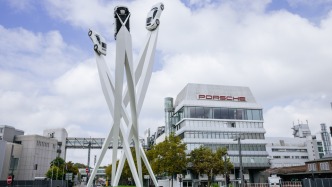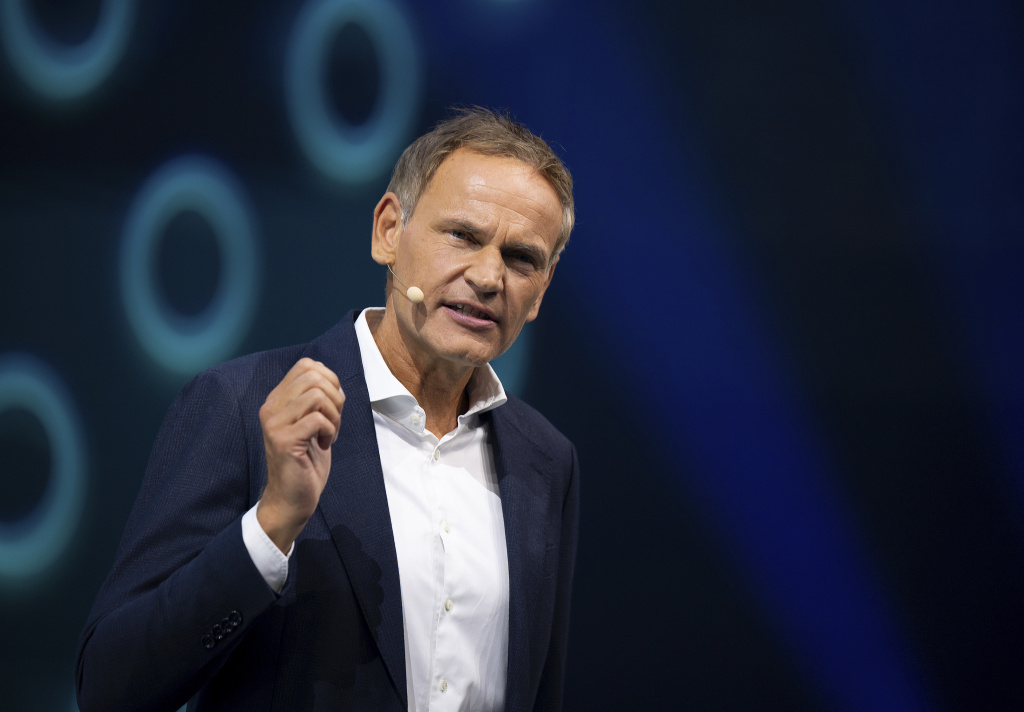
"Germany's most profitable car company" suffered huge losses in the third quarter of this year, ushering in its most difficult year in recent years.
On October 24th local time, the latest data released by Porsche, a subsidiary of the German Volkswagen Group, showed that the company's loss in the third quarter of 2025 reached 966 million euros (about 8 billion yuan), compared with a profit of 974 million euros (about 8.06 billion yuan) in the same period last year.
Affected by this, in the first nine months of this year, Porsche's operating income was approximately 26.86 billion euros (approximately 222.2 billion yuan), a year-on-year decrease of 6%; sales profit was only 40 million euros (approximately 330 million yuan), a decrease of 99% from 4.035 billion euros (approximately 33.38 billion yuan) in the same period last year.
The main reason for the sharp decline in profits was the special costs of approximately 2.7 billion euros (approximately 22.4 billion yuan) brought about by the strategic transformation.
Faced with weak demand in key electric vehicle markets, Porsche announced last month that it would postpone the launch of some all-electric models, extend the lifecycles of several gasoline and hybrid models, and halt some of its in-house battery production plans. The related restructuring measures resulted in additional expenses of approximately €2.7 billion. Total special expenses for the full year are expected to reach €3.1 billion.
Furthermore, the hundreds of millions of euros in U.S. import tariffs are further weighing on Porsche's performance. The company stated that in the first nine months of this year, tariffs incurred an additional 300 million euros in costs. According to a Reuters report, Porsche's Executive Director of Finance and Information Technology, Jochen Breckner, stated that U.S. tariffs will cost Porsche approximately 700 million euros this year, and that the company will adjust its prices for the U.S. market in the coming months.
Sales in the key Chinese market are declining further. In the first nine months of 2022, Porsche sold 32,200 vehicles in China, a year-on-year decrease of 26%. In the same period of 2022, the figure was 68,700 vehicles.
Globally, Porsche delivered a total of 215,500 vehicles from January to September, a year-on-year decrease of 6%; however, growth in North America and other overseas markets (especially the performance of the Macan SUV) partially offset the decline.
Despite the profit plunge, the company's net cash flow remained stable at 1.34 billion euros.
Faced with current operational pressures, Porsche has initiated organizational restructuring, planning to lay off 1,900 employees over the next few years and eliminate 2,000 temporary positions this year. A second round of layoffs is expected to be announced before the end of the year.
Despite the crisis, Porsche maintains its 2025 performance forecast: revenue of €37 billion to €38 billion and an operating profit margin slightly above zero (up to 2%). Bai Yuhan also emphasized that Porsche is willing to bear the current losses in exchange for long-term profitability: "We believe that this year will pass the trough, and performance will recover significantly from 2026."


